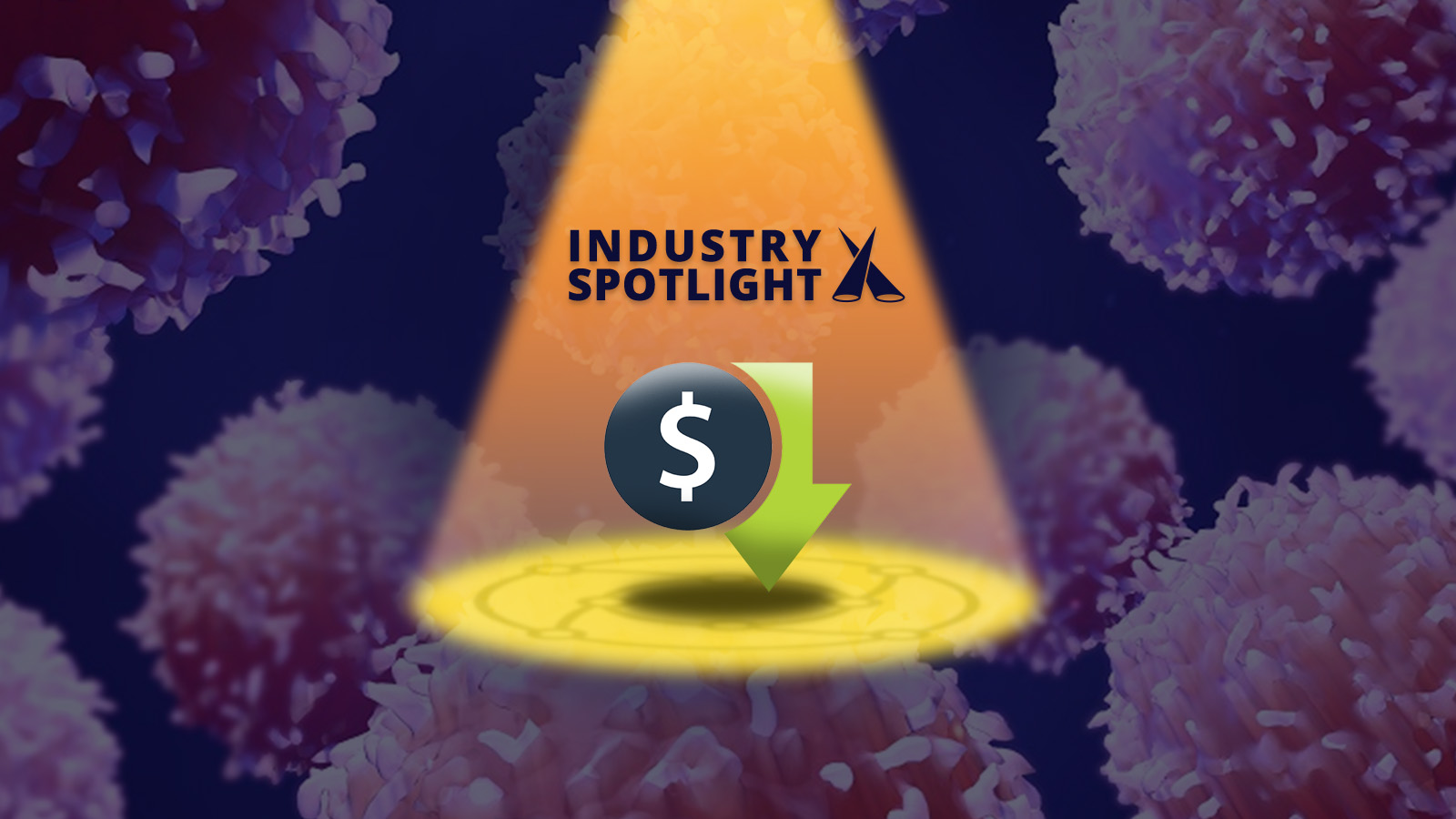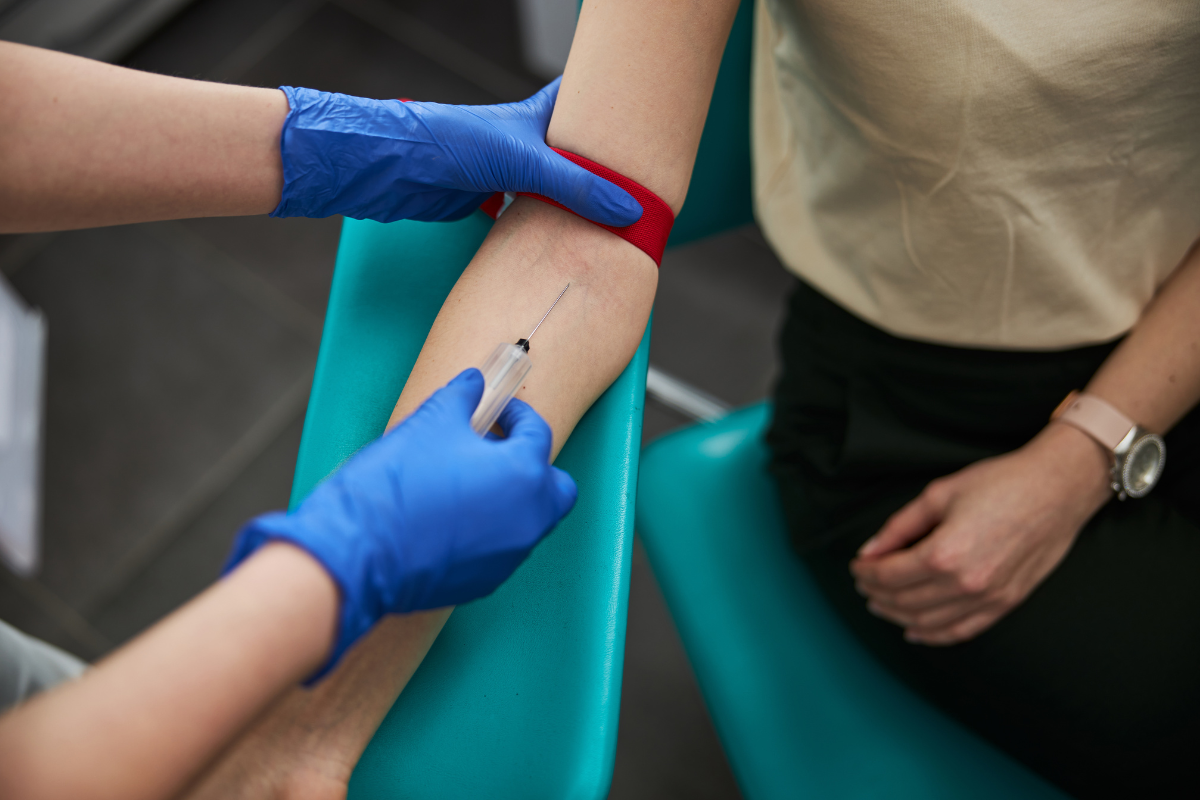Low-Cost Method for Cancer Testing

Researchers from the National University of Singapore (NUS) have discovered a new low-cost testing method for cancer. The Heatrich-BS assay sequences clinical samples that have been heated to isolate and identify cancer-specific signatures from the patient’s blood. This economical method is a non-invasive alternative to tissue biopsy.
The assay costs approximately 35 USD to run from start to finish. Compared to other sequencing techniques, which can cost up to 749 USD, the Heatrich-BS assay opens up many opportunities in cancer monitoring due to its affordability.
The research team responsible for the discovery comprised scientists from the NUS Department of Biomedical Engineering and the NUS Institute for Health Innovation & Technology. Led by Assistant Professor Cheow Lih Feng, the team published their findings in the journal Science Advances. The NUS research team are now looking to establish industry partnerships to bring the technology to the market, following their official patent filed in September 2022.
- Toxicity Markers of Cognitive Deterioration in Young Cancer Sufferers
- Novel Microbial Immunotherapies for Bladder Cancer Treatment
- New Therapeutic Target for Aggressive Breast Cancer
So how does the Heatrich-BS assay work? And what makes it different from other methods of testing for cancers? Not only is the Heatrich-BS assay more affordable than other biopsy techniques, but it also addresses their lack of sensitivity. In an official press release, Cheow explained how the team accidentally discovered the assay biomarker when “we were performing some unrelated experiments, and one of our researchers heated a sample.”
It was found that whilst heat eliminated non-informative sections of the genome, cancer-specific signatures housed in the high repetitions of C and G nucleotide islands remained intact. “We are getting a much more sensitive assay at almost the same costs as compared to simple protein biomarker tests,” Cheow said, “Our method really concentrates on sequencing these regions that matter the most.”
It was found that whilst heat eliminated non-informative sections of the genome, cancer-specific signatures housed in the high repetitions of C and G nucleotide islands remained intact.
Other benefits of the novel assay include its utility for personalised medicine. “Doctors can monitor patients for their response to treatment and tailor their therapy regimes,” Cheow explained. The method may also have potential applicability across all types of cancer. This is because all cancers display properties of enriching C and G nucleotide islands with cancer-specific biomarkers. “It’s a one-size-fits-all,” Cheow added.
Additionally, the research group are anticipating that the Heatrich-BS assay will further future academic research by aiding the study of different cancer subtypes of cancer for a low cost. This will significantly develop the future of cancer diagnosis and treatment.
Want to stay up to date with the latest Biomarker news? Register now for Oxford Global’s flagship event, Biomarkers UK. This is a must-attend forum covering the latest trends transforming biomarker and translational research.
Get your weekly dose of industry news here and keep up to date with the latest ‘Industry Spotlight’ posts. For other Biomarkers content, please visit the Biomarkers Content Portal.





